PLYMOUTH, UK: The systemic health benefits of regular exercise are myriad and well documented, and much the same could be said about the use of mouthwash. The latter, however, may negatively affect blood pressure reduction—a common advantage of exercise—according to a recent study by researchers from the University of Plymouth and the Centre for Genomic Regulation in Barcelona in Spain.
For the study, 23 adults with good oral health ran on a treadmill for 30 minutes on two separate occasions and were thereafter monitored for 2 hours. On each occasion, the participants were asked to rinse their mouths with a liquid at 1, 30, 60 and 90 minutes after cessation of the exercise. The liquid was either a mouthwash with a 0.2% concentration of chlorhexidine or a placebo of mint-flavoured water, and the participants were not informed which liquid they were rinsing with.
The study showed that, when participants rinsed with water, the average reduction in systolic blood pressure was –5.2 mmHg at 1 hour after exercise. However, when participants rinsed with the mouthwash, the average systolic blood pressure after 1 hour was –2 mmHg.
Previous research has suggested that the main source of nitrite in blood after exercise is nitric oxide formed during exercise in the endothelial cells. However, this new study challenges this, since the blood nitrite levels of the participants who rinsed with mouthwash did not increase after exercise. Instead, it was only in the participants who ingested the placebo water that blood nitrite levels rose, indicating that oral bacteria are a key source of this molecule—at least during the immediate period of post-exercise recovery.
Based on these findings, the researchers recommend that health professionals should pay attention to the oral environment when advocating for interventions involving physical activity to reduce high blood pressure.
“These findings show that nitrite synthesis by oral bacteria is hugely important in kick-starting how our bodies react to exercise over the first period of recovery, promoting lower blood pressure and greater muscle oxygenation,” said Craig Cutler, a researcher at the University of Plymouth and co-author of the study.
“In effect, it’s like oral bacteria are the ‘key’ to opening up the blood vessels. If they are removed, nitrite can’t be produced and the vessels remain in their current state. Existing studies show that, exercise aside, antibacterial mouthwash can actually raise blood pressure under resting conditions, so this study followed up and showed the mouthwash impact on the effects of exercise,” Cutler continued.
“The next step is to investigate in more detail the effect of exercise on the activity of oral bacteria and the composition of oral bacteria in individuals under high cardiovascular risk. Long-term research in this area may improve our knowledge for treating hypertension more efficiently,” Cutler concluded.
The study, titled “Post-exercise hypotension and skeletal muscle oxygenation is regulated by nitrate-reducing activity of oral bacteria”, was published online in the November 2019 issue of Free Radical Biology and Medicine.
Tags:
HAMILTON, Ontario, Canada: The link between periodontitis and cardiovascular disease is well established. However, most research in this area concerns older...
DERBY, UK: A study conducted by University of Derby researchers has confirmed previous findings of a link between certain lifestyle choices and a higher ...
MANCHESTER, UK: Researchers from the University of Manchester have conducted a pioneering study in the UK focusing on the oral health and economic impacts ...
BIRMINGHAM, UK: Across the UK, local lockdowns are proliferating as SARS-CoV-2 case numbers continue to increase. Though the initial nationwide lockdown ...
CAMBRIDGE – For the first time, researchers at the University of Cambridge have identified a biomarker for major or clinical depression in human ...
READING, UK: Earworms, from the German “Ohrwurm”, are catchy tunes that repeat in one’s head. A recent poll suggested that over 90 per ...
LONDON, UK: By providing a sweet taste without the calories and other deleterious side effects of sugar, artificial sweeteners have often been lauded for ...
LONDON, England: While chewing gum may be considered a somewhat undesirable habit, sugar-free varieties have been proved to be highly beneficial for oral ...
LONDON, UK: Though teething is a difficult experience for both parents and their babies, a judicious decision-making process should be employed when ...
As a researcher at the University of Brescia in Italy and the operator of a private practice, Prof. Magda Mensi has a special interest in the non-surgical ...
Live webinar
Tue. 24 February 2026
6:00 pm UTC (London)
Prof. Dr. Markus B. Hürzeler
Live webinar
Tue. 24 February 2026
8:00 pm UTC (London)
Prof. Dr. Marcel A. Wainwright DDS, PhD
Live webinar
Wed. 25 February 2026
4:00 pm UTC (London)
Prof. Dr. Daniel Edelhoff
Live webinar
Wed. 25 February 2026
6:00 pm UTC (London)
Live webinar
Thu. 26 February 2026
1:00 am UTC (London)
Live webinar
Tue. 3 March 2026
4:00 pm UTC (London)
Dr. Omar Lugo Cirujano Maxilofacial
Live webinar
Wed. 4 March 2026
1:00 am UTC (London)
Dr. Vasiliki Maseli DDS, MS, EdM



 Austria / Österreich
Austria / Österreich
 Bosnia and Herzegovina / Босна и Херцеговина
Bosnia and Herzegovina / Босна и Херцеговина
 Bulgaria / България
Bulgaria / България
 Croatia / Hrvatska
Croatia / Hrvatska
 Czech Republic & Slovakia / Česká republika & Slovensko
Czech Republic & Slovakia / Česká republika & Slovensko
 France / France
France / France
 Germany / Deutschland
Germany / Deutschland
 Greece / ΕΛΛΑΔΑ
Greece / ΕΛΛΑΔΑ
 Hungary / Hungary
Hungary / Hungary
 Italy / Italia
Italy / Italia
 Netherlands / Nederland
Netherlands / Nederland
 Nordic / Nordic
Nordic / Nordic
 Poland / Polska
Poland / Polska
 Portugal / Portugal
Portugal / Portugal
 Romania & Moldova / România & Moldova
Romania & Moldova / România & Moldova
 Slovenia / Slovenija
Slovenia / Slovenija
 Serbia & Montenegro / Србија и Црна Гора
Serbia & Montenegro / Србија и Црна Гора
 Spain / España
Spain / España
 Switzerland / Schweiz
Switzerland / Schweiz
 Turkey / Türkiye
Turkey / Türkiye
 UK & Ireland / UK & Ireland
UK & Ireland / UK & Ireland
 International / International
International / International
 Brazil / Brasil
Brazil / Brasil
 Canada / Canada
Canada / Canada
 Latin America / Latinoamérica
Latin America / Latinoamérica
 USA / USA
USA / USA
 China / 中国
China / 中国
 India / भारत गणराज्य
India / भारत गणराज्य
 Pakistan / Pākistān
Pakistan / Pākistān
 Vietnam / Việt Nam
Vietnam / Việt Nam
 ASEAN / ASEAN
ASEAN / ASEAN
 Israel / מְדִינַת יִשְׂרָאֵל
Israel / מְדִינַת יִשְׂרָאֵל
 Algeria, Morocco & Tunisia / الجزائر والمغرب وتونس
Algeria, Morocco & Tunisia / الجزائر والمغرب وتونس
 Middle East / Middle East
Middle East / Middle East



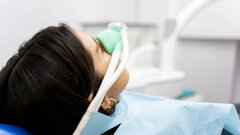





























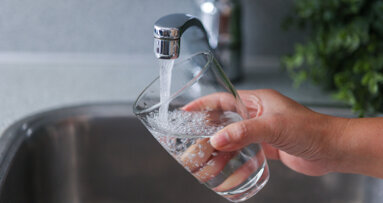


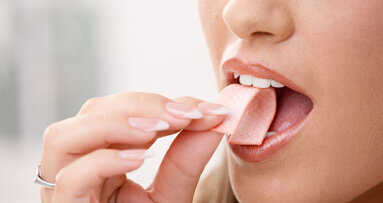
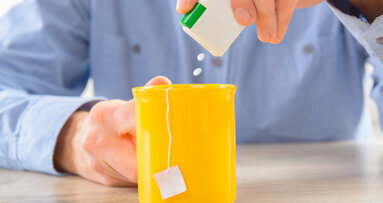
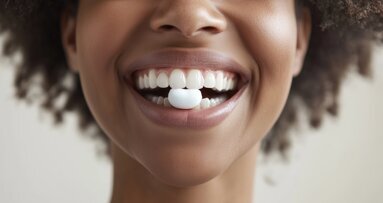











To post a reply please login or register